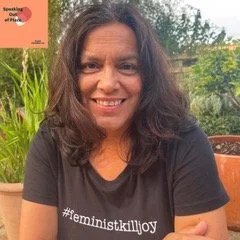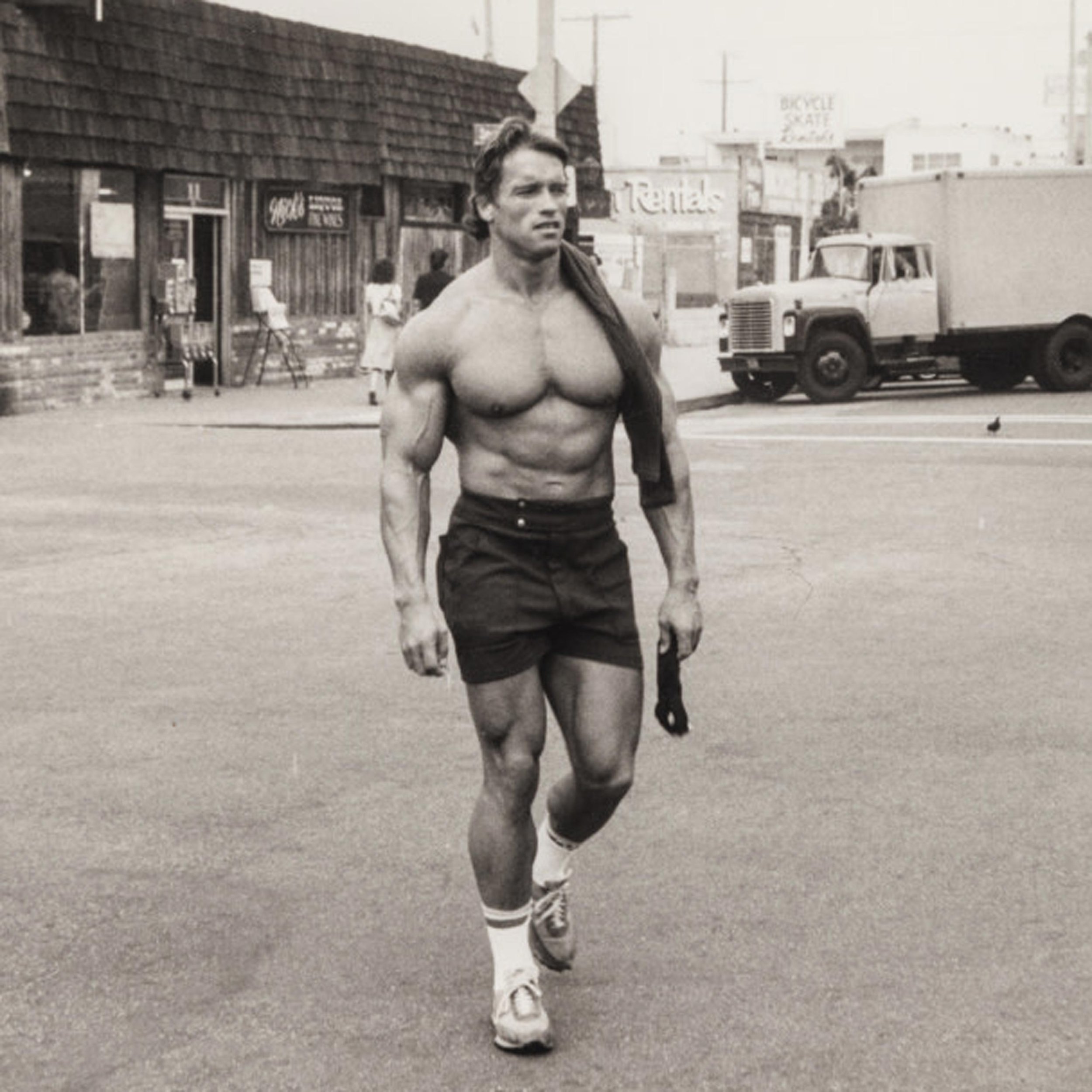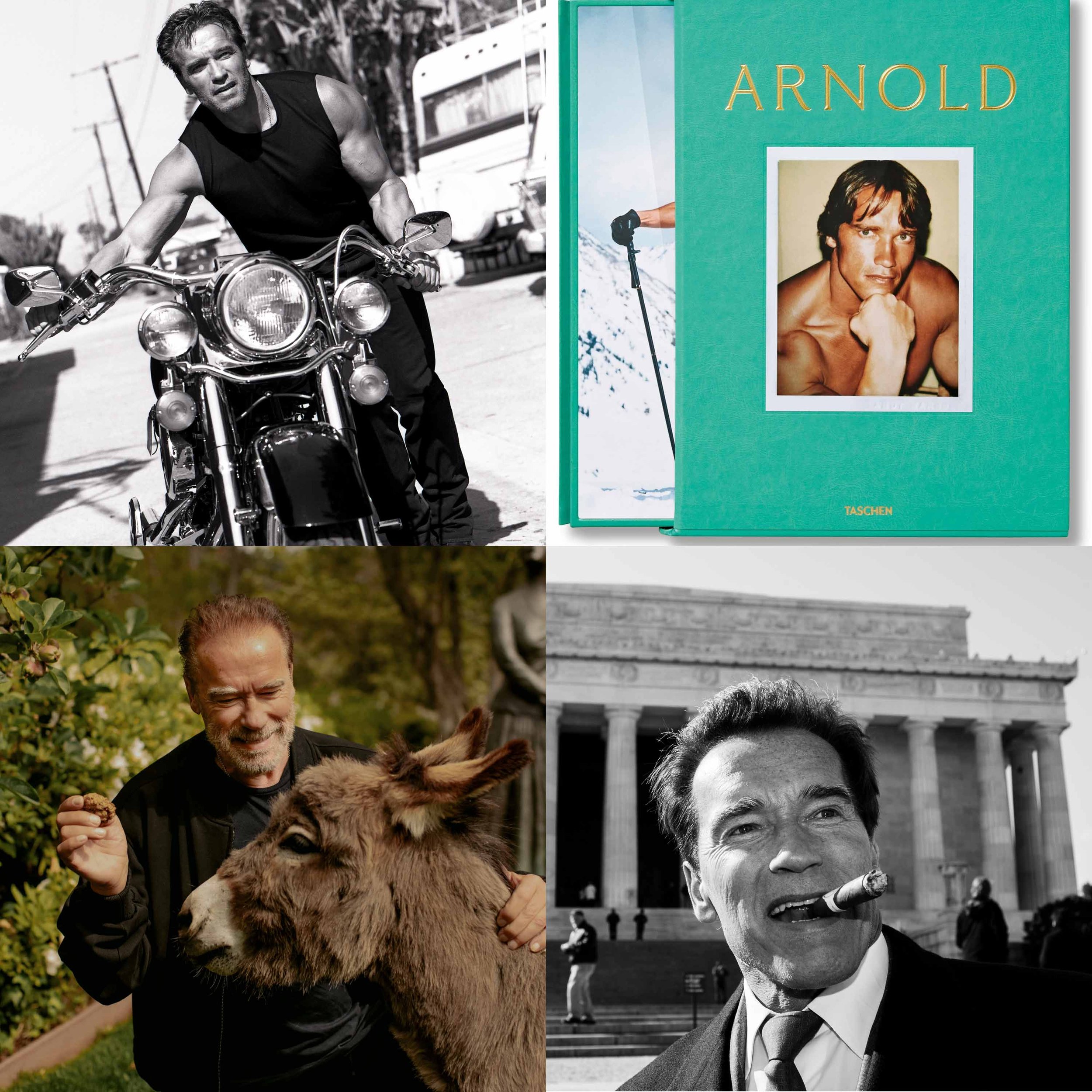TIOKASIN GHOSTHORSE - Founder/Host of First Voices Radio - Founder of Akantu Intelligence
/Founder · Host · Exec. Director of First Voices Radio
Founder of Akantu Intelligence · Master Musician of the Ancient Lakota Flute
We have not adapted to Earth. She needs us to do that. Instead, we've tried to adapt Earth to our needs. Which is always an extraction, take away. Earth doesn't exist because of technology. Earth will always be here. So when it comes to animacy, I think it's a Western term also, and so we get away from the Western terms. We start seeing that, oh, we are becoming Earth as we're born into this physical dimension. We are becoming Earth. And then as we are living during this time, we're alive. We are becoming Earth. And when we are finished with this body, we are becoming Earth.



















